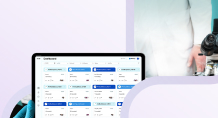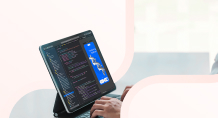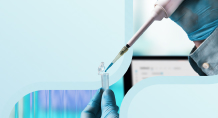The term “healthtech,” also known as “healthcare technology,” describes the application of technology and innovation to raise the effectiveness, standard, and effectiveness of healthcare services. A wide range of products and solutions, including telemedicine, mobile health apps, electronic health records, wearable medical equipment, artificial intelligence, and more, may fall under this category.
Medical technology, also known as medtech, refers specifically to the tools and supplies employed by healthcare professionals in the detection, observation, and treatment of medical conditions. Medical technology examples include pacemakers, insulin pumps, imaging devices, and surgical instruments.
It is important to learn the difference between medtech and healthtech, although they do have some similarities. The main distinction between the two is that while medtech focuses on the tools and equipment used by healthcare providers, healthtech covers a wider range of goods and services that can be used by both patients and healthcare providers.
Healthtech solutions can provide remote access to healthcare, help patients manage their own health and wellness, and enhance overall healthcare delivery and outcomes.

















